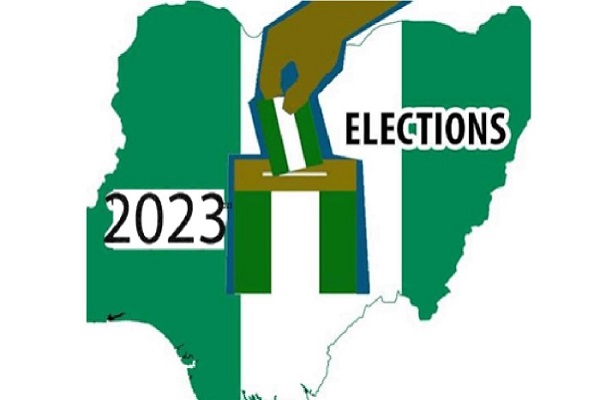
By Lekan Adejuwon
The die is cast as the much awaited February 25 general elections beckons today when over 90 million registered Nigerians (according to INEC) are expected to embark on another electoral journey to chose the next president and National Assembly members across the 36 states of the federation.
Today’s historic election marks the 7th electoral cycle since the berth of the fourth Republic 24 years ago in 1999.
However, the 2023 election would go down in history for a number of peculiarities and unique features which may usher in a new Nigeria as opined by watchers of political events in the country.
Unlike in the recent past when general elections were characterized by two dominant political parties, same cannot be said of today’s election as many believe that the contest is tending towards a four-horse race featuring the All Progressives Congress, APC, the People’s Democratic Party, PDP, the Labour Party, LP and the New Nigerian People’s Party, NNPP.
The development is believed to change the narrative of winning by a landslide by a political party as each candidate represents huge voting block in the complex Nigeria’s ethnic/religious configuration.
However, for some not clearly defined reasons, Nigerians would be going to the polls in an atmosphere of anger, despondency and disillusionment as the newly introduced naira redesigning policy of the CBN has aggravated the rate of poverty in the land. The cashless policy is taking a heavy tolls on the lives of the people especially the poor and the vulnerable as physical cash has become a scarce commodity amidst non availability of cash in the banks.
Invariably the development is expected to affect voters turnout today and ultimately the election result nation wide.
In Ekiti State, preparations for the crucial election were top notch at the time of filing this report as the two INEC offices located at New Iyin Road and Fajuyi were behive of activities.
There was massive deployment of vehicles along Bank Road yesterday for the distribution of sensitive materials across the 16 local governments in the state.


